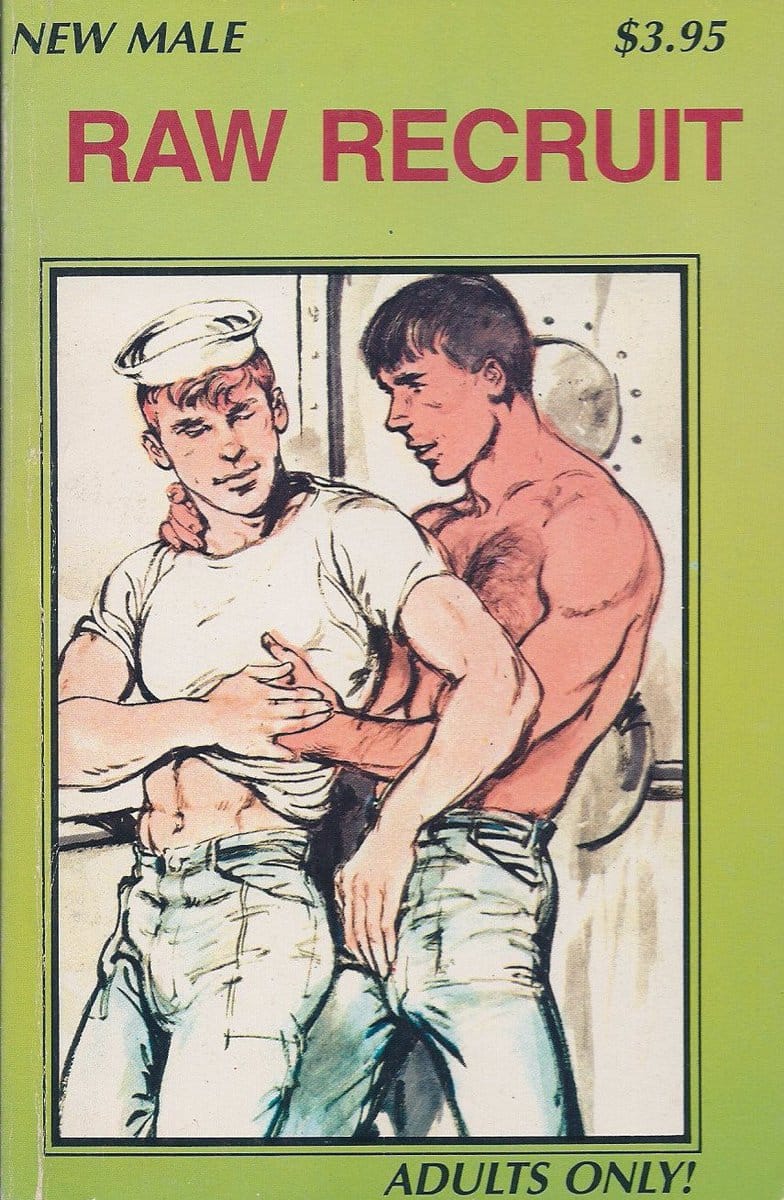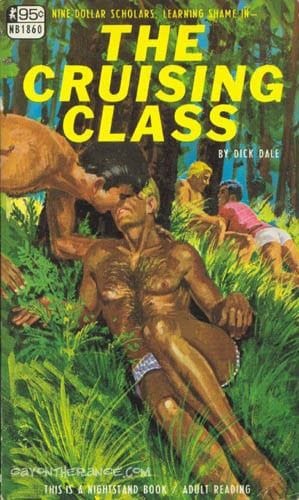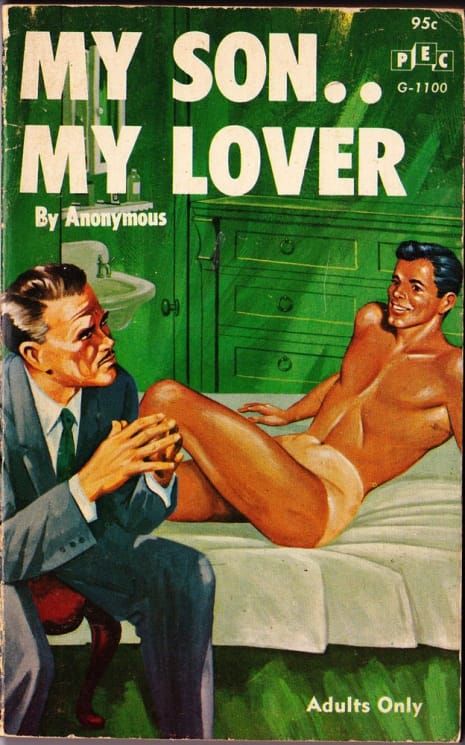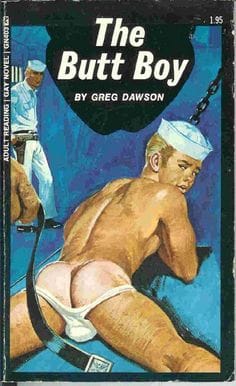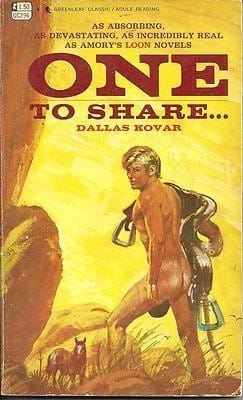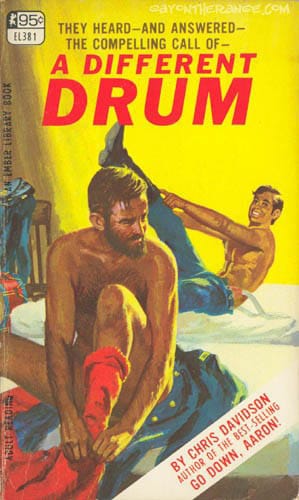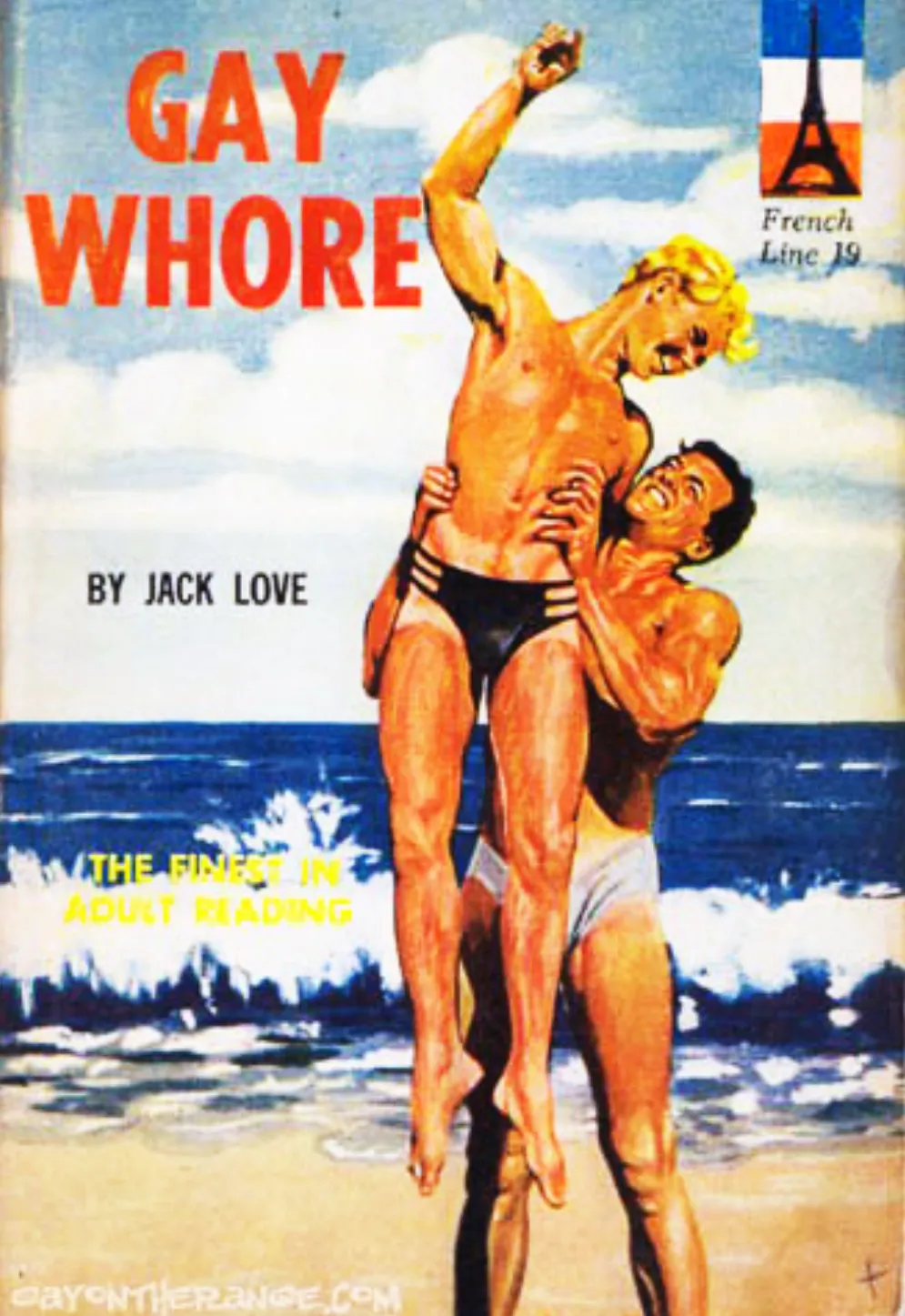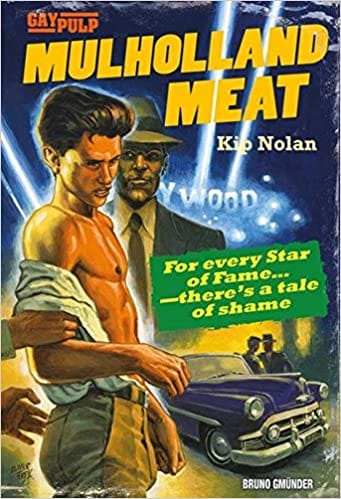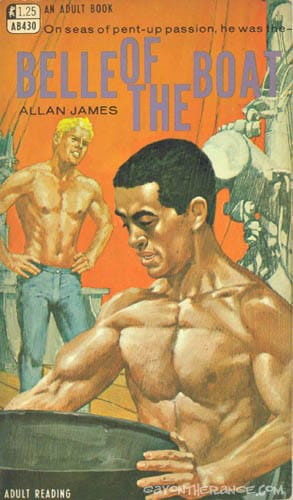What’s the history of gay erotic fiction?
Spice up your reading list.

While there have been examples of queer erotic fiction throughout literary history, it was in the early 1960s that things really began to take off.
The US had been producing ‘pulp fiction’ since the 1930s. Pulp fiction was the term used to refer to cheap-to-produce paperback novels that were sold in train stations and grocery stores. These were designed to catch the eye, with vivid cover art and sensationalist plots and subject matters. While a small number of these early pulp fiction novels had queer themes, the strict censorship laws in the US at that time kept any explicit man-on-man sex out of pulp fiction until the mid-1960s.
While some of the queer fiction paperbacks that were published in the US following the relaxation of censorship rules did tackle serious stories and character development, most of them were explicitly pornographic – designed to create a sexual response from their readers. These were stories that were written to get you hard and get you off.
Erotic gay fiction today
The rise of the internet has obviously changed the distribution landscape for queer erotic fiction. Online portals such as Nifty and AO3 provide access to a wealth of stories in all sorts of genres. Plus, the emergence of self-publishing platforms such as Kindle Direct has given authors of queer erotic fiction an accessible way to create, distribute, and monetise their work.
It’s easy to dismiss queer pulp fiction as low-brow writing – lacking in any real creative or intellectual merit. While this style of writing is probably unlikely to win any literary awards or to change the world, writing a story that is coherent, has some sense of narrative, and is also erotic and arousing is not as easy as you might imagine.
What’s interesting is that despite the huge proliferation of gay porn images, GIFs, and videos that can be easily accessed online, there is still a market for queer erotic fiction. There is an audience – there are people out there who like to read about guy-on-guy encounters, to have their imaginations fired up as well as their libidos.
Queer pulp fiction stories may not be the kind of work that will one day win the Pulitzer Prize, but they’re a great demonstration of the power of words and the power of imagination.
